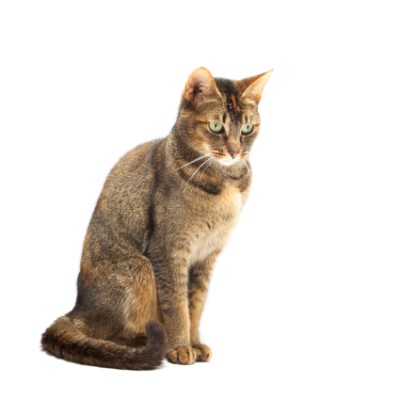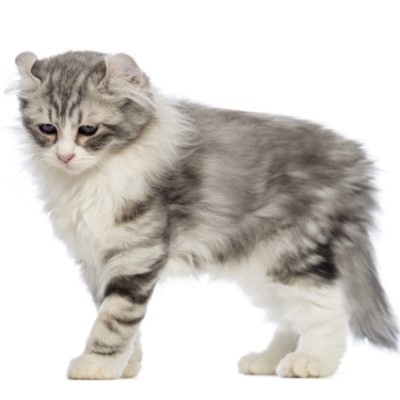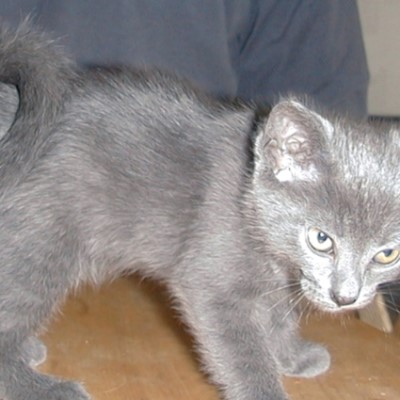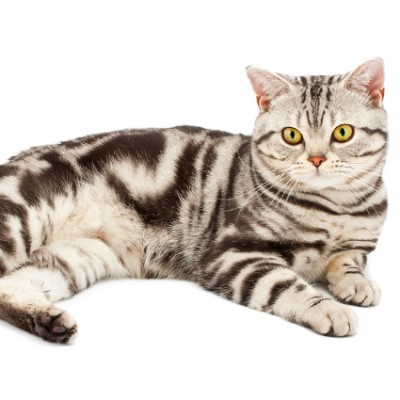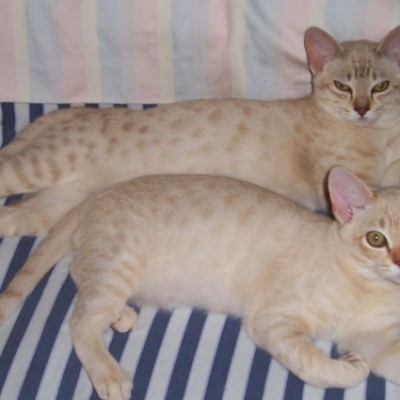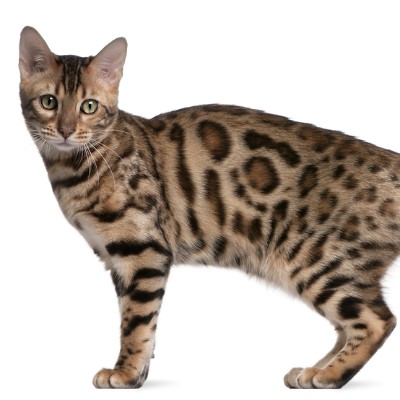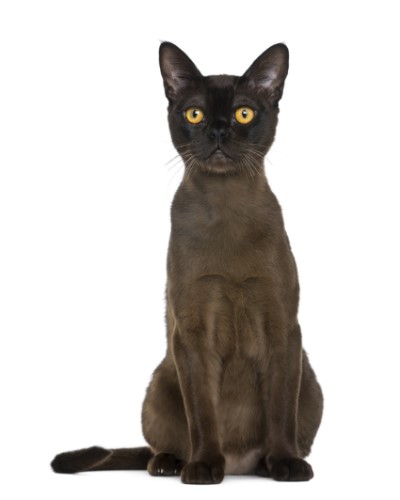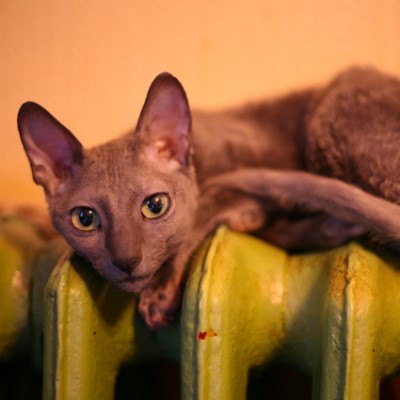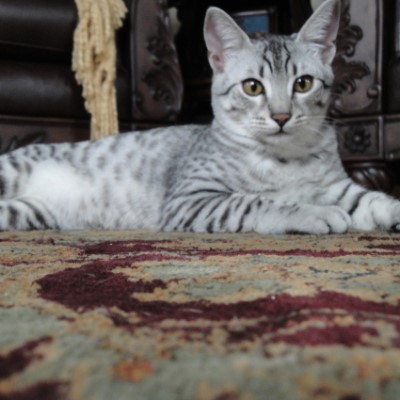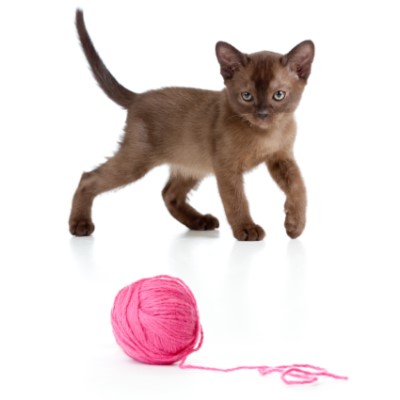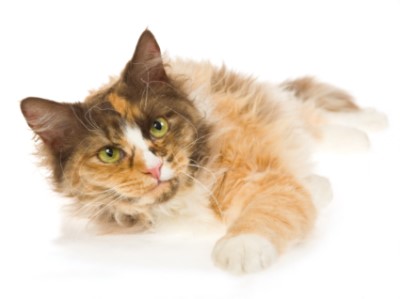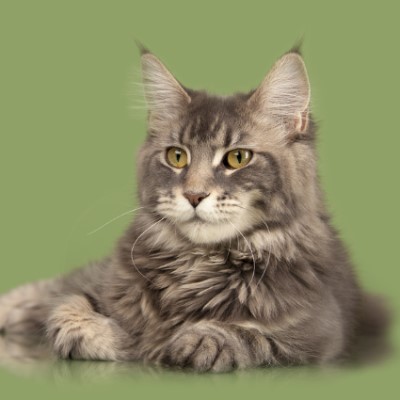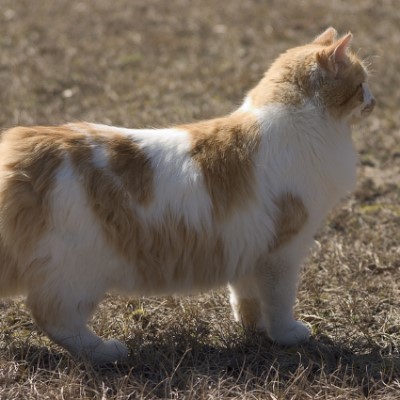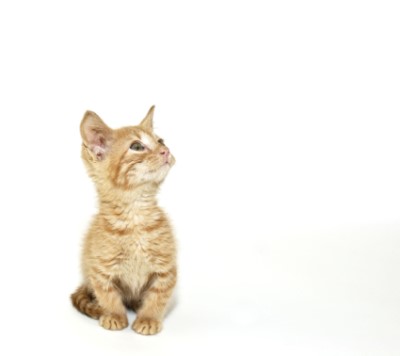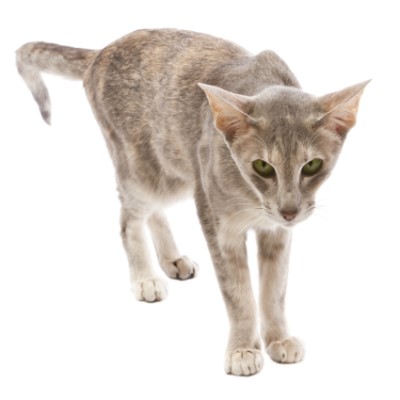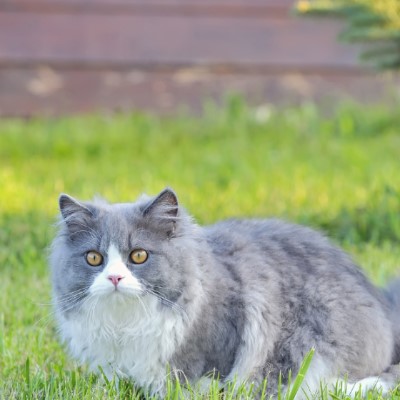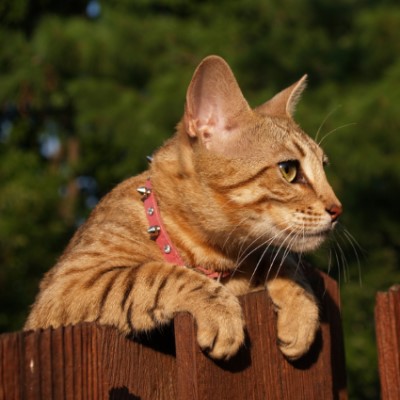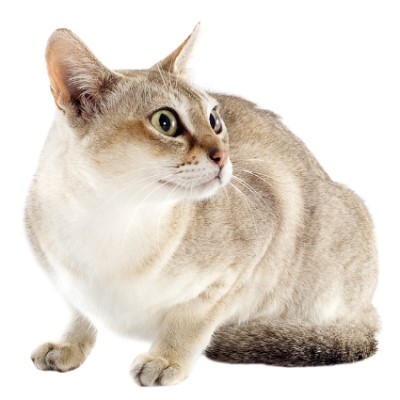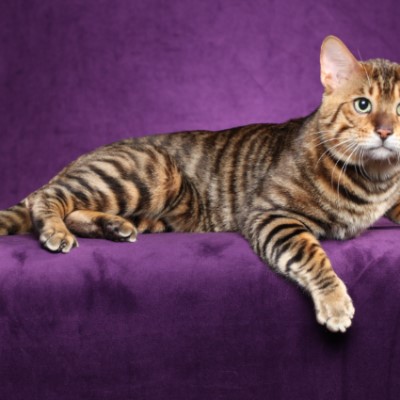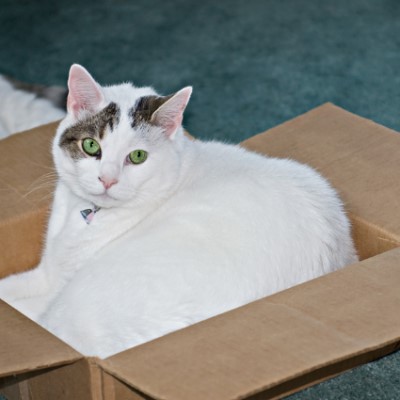Common Reasons for Surrender
Persians fit the definition of a high maintenance cat, requiring regular grooming and more veterinary care than other breeds. Many people adopt a Persian cat without first doing research and realize they are either not capable of or are simply not interested in the amount of care the Persian needs. The Persian is then surrendered to a shelter or a rescue.
Pros
The epitome of a true couch potato, the Persian is generally gentle, laidback, and quiet. Most Persians simply crave attention from and want to be with their humans. While sometimes playful, Persians often prefer just to kick back and to relax.
Cons
Prepare for a lot of work with a Persian. You must brush your Persian cat either every day or several times a week depending on her coat. Most require their eyes cleaned daily. Persians require patience as they are generally finicky about the people they like and their food. Persians like the litter they like, and they want their litter box where they want it or they might not use it.
Diet
Give your Persian cat a predominately or an all wet food diet. Food, whether wet or dry, should always be grain free and should be the best quality you can afford. High quality food is a better option than cheaper foods because the former contains human grade ingredients and the proper nutrients a cat needs for a healthy diet. Treats are acceptable in moderation, but those that contain L-Lysine are particularly good for a cat’s health.
Exercise
Regardless of whether he’s playful or not, your Persian must have daily exercise to keep him mentally and physically stimulated. Carve out at least one play session, more if possible, each day with your cat. If your cat starts exhibiting behavioral problems, try allowing him more play time to see if that helps. Most cats love toys—wands, catnip, laser—of all kinds, so find what your cat likes and play with those toys during play time.
Possible Health Issues
Persians are prone to a multitude of health problems, including heart murmurs, dental disease, urinary tract infections, urinary crystals, ringworm, eye problems, stentotic nares, and kidney disease. Please keep in mind the potential and expensive veterinary costs that will result in a cat with health issues. Whether you adopt or purchase a cat, make sure you’re dealing with someone who is reputable.
Litter
Find the litter your Persian prefers and stick with it. Most prefer litter with a sandy texture. The healthiest litter is unscented, digestible, and clumps. Other healthy options for litter are newspaper-based Yesterday’s News and pine-based wood stove pellets.
Grooming
Compared to other breeds, Persians need extensive grooming, including occasional baths and regular brushing. You can groom your Persian yourself or find a qualified groomer. Depending on your cat’s coat, you may need to groom her daily or a good brushing two or three times a week will suffice. Some owners, who don’t enjoy grooming, opt to give their Persian the so-called lion cut, which negates the need for brushing. A sanitary cut is recommended to help keep the cat’s rear end clean.
You must also clean your Persian’s eyes. Daily eye cleaning is required for those with flat faces. Otherwise, wiping the cat’s eyes when tears begin to accumulate is sufficient. Be sure to clip your Persian’s nails regularly and clean his ears when needed.
Training
Try clicker training if you want your Persian to learn basic commands, such as sit and come. Some cats have even been trained to roll over, to shake hands, and to go for walks on leashes.
Entertainment
Persians may enjoy going outside but should only do so when supervised or on a leash. Cats should never be allowed to run around outside without supervision. The best exercise your Persian can get is playing with toys, such as wands, laser lights, and crinkly balls. Cat trees also provide the ideal opportunity for climbing and for just hanging out.
We want to thank Seattle Persian and Himalayan Rescue for help with this profile. Photo courtesy of Adrienne Buttlemann.

